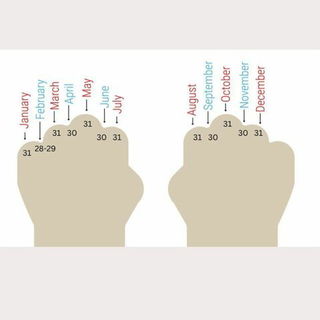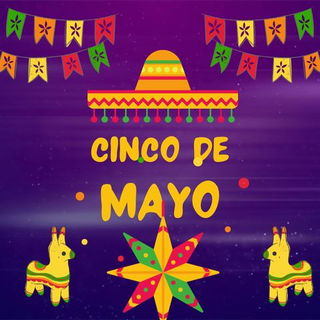- Calendar
- Calendar 2025
- September
- Holiday Labour Day
Labour Day
Holiday
In 2024 Labour Day is taking place on September 2nd.
Labour Day, known as la fête du Travail in Québec, is celebrated on the first Monday of September as a public holiday. On this day, many shops, banks, businesses, and government buildings remain closed. First celebrated in 1894, it coincides with Labour Day in the United States.
This day in Canada commemorates workers' rights and serves as a reminder of the progress made over the last 150 years. It honours the contributions of workers and highlights the advancements achieved in labour rights and conditions.
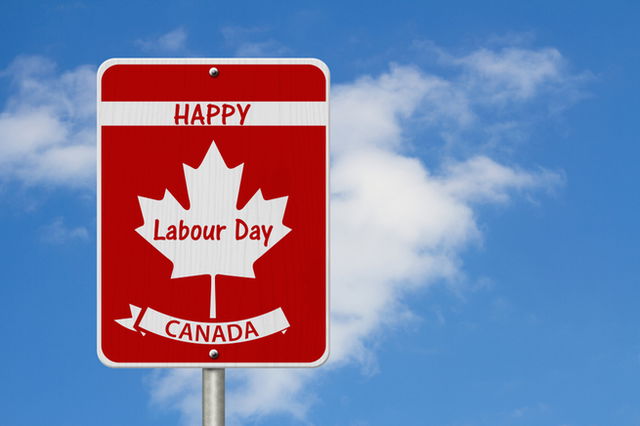
History of Labour Day
Labour Day has its origins in the gradual and persistent demand for changes in workers' rights across Canada during the last three decades of the 19th century. This period saw various forms of activism and advocacy emerge throughout the country, each reflecting a growing sentiment for improved working conditions.
In different regions of Canada, workers voiced their demands through strikes, protests, and organized movements. These efforts were driven by concerns over long work hours, unsafe working conditions, and the need for fair wages and benefits. The labour movement gained momentum as workers united to push for reforms that would address these issues and ensure greater dignity and fairness in the workplace.
Labour Day, established in 1894, serves as a commemoration of these struggles and achievements. It stands as a testament to the resilience and determination of Canadian workers in their pursuit of better standards of living and labour rights.
The demand for nine hours
In 1872, the Nine-Hour Movement ignited widespread support among Canadian workers with its ambitious goal of reducing the workday from twelve hours to nine. This movement was fuelled by the Toronto Typographical Union, which took bold steps by organizing strikes in March and staging a prominent parade in April. Their actions galvanized workers across factories nationwide, drawing attention to the pressing need for improved working conditions.
The Toronto Typographical Union's advocacy not only raised public awareness but also catalyzed legal reforms.
These included the legalization of strikes and the formation of unions, marking pivotal milestones in Canada's labour history. The movement's success in gaining national traction laid the groundwork for subsequent labour reforms aimed at safeguarding workers' rights and promoting fair labour practices.
The annual parade initiated during the Nine-Hour Movement evolved over time into what we now recognize as Labour Day celebrations.
This day serves as a poignant reminder of the perseverance and solidarity of Canadian workers in their ongoing quest for better working conditions and social justice.
The expansion of unions
In 1871, the formation of the Toronto Trade Assembly marked a significant development in Canada's labour movement. Emerging from several small craft unions, such as the influential Toronto Typographical Union, the assembly quickly gained influence and prominence as it grew in numbers. Central to their efforts was the pivotal role they played in the nine-hour strike actions, advocating for a reduction in the workday from twelve hours to nine.
The Toronto Trade Assembly also played a pivotal role in the establishment of the Canadian Labour Union, a pioneering organization dedicated to supporting workers on strike and championing national labour demands. Concurrently, the Trades and Labour Congress of Canada, operational from 1883 to 1956, further unified labour efforts across the nation.
As unions gained popularity and Labour Day celebrations flourished, there was mounting pressure on the government to officially recognize Labour Day as a national holiday.
In 1894, Prime Minister John Thompson responded to these calls by declaring Labour Day an official public holiday. Across Canada, this declaration was met with parades, festivities, and widespread celebrations, underscoring the growing recognition of workers' rights and achievements in the country's social and economic landscape.
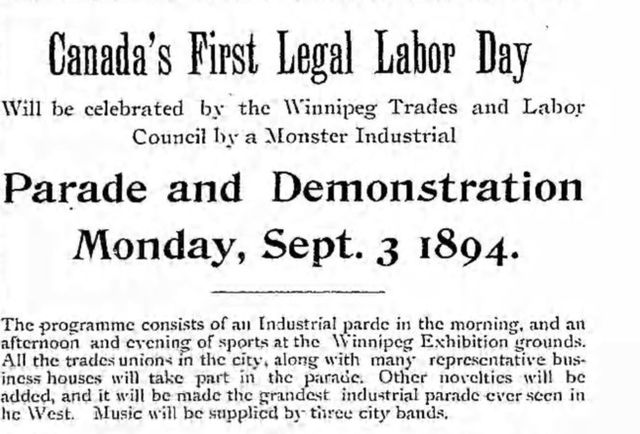
In Winnipeg the event was announced in newspapers as “Canada's First Legal Labour Day”, the newspaper also said that it would be “the grandest industrial parade ever seen in The West”. The parade was in the morning, followed in the afternoon by amateur sports events such as lacrosse matches, running races, standing long jumps and bicycle races. In the evening bands played music while people danced and partied.
Global influence
The growth of unions and the celebration of Labour Day is not unique to Canada. In the same year that John Thompson declared It an official public holiday for Canadians, President Grover Cleveland also did so in America, making it a federal holiday.
Many states had already been celebrating Labour Day officially for some years, with Oregon being the first in 1887.
American workers were inspired to do the same by the parades in Toronto, beginning in 1872, and encouraged to celebrate their own Labour Day.
The United Kingdom experienced similar changes in workers rights during the late 1800s and in 1871 the British Government made union membership legal in their Trade Union Act. However, there are no similar Labour Day celebrations in September, instead the British celebrate International Workers' Day on May 1st.
How we celebrate it
There are many ways to celebrate Labour Day. Firstly, a lot of people enjoy the long weekend and having extra time with the family, maybe even going away somewhere for a mini break. For many it is the last chance before the end of summer and the beginning of the school term. Typical celebrations over the weekend might include BBQs or a picnic outside.
There are still plenty of official activities taking place such as parades and picnics in Ottawa and Toronto. Some organizations host firework displays, and restaurants and clubs often have special offers or promotions to celebrate the weekend. Many union organizations host family fun days.
The Labour Day Classic
Every year on Labour Day, the football calendar includes some of the most exciting games of the season, the event is called The Labour Day Classic.
The same matches have been played every year since 1949, which are:
- Edmonton vs Calgary
- Toronto vs Hamilton
- Montreal vs Ottawa
- Winnipeg vs Saskatchewan
Evolution of Labour Day in Canada
The Toronto Trade Assembly, originating from small craft unions like the Toronto Typographical Union, played a pivotal role in the Nine-Hour Movement and the formation of the Canadian Labour Union, advocating for worker rights and reforms.
The Nine-Hour Movement captured the imagination of Canadian workers, advocating to reduce the workday from twelve hours to nine. The Toronto Typographical Union led strikes and a parade, sparking national awareness and legal reforms supporting unions and strikes.
The first official Labour Day parade in Canada took place in Toronto, inspiring similar celebrations across the country and influencing the establishment of Labour Day as a federal holiday in the United States in the same year.
The Trades and Labour Congress of Canada was established, unifying labour efforts across the nation until 1956, further advancing worker rights and representation.
Oregon became the first U.S. state to declare Labour Day an official holiday, following the example set by Canadian workers and their annual parades.
Prime Minister John Thompson declared Labour Day a national public holiday, marking a formal recognition of Canadian workers' contributions and achievements. Parades and celebrations spread across the country.
The Labour Day Classic, featuring traditional football matches between Edmonton vs Calgary, Toronto vs Hamilton, Montreal vs Ottawa, and Winnipeg vs Saskatchewan, became an annual highlight, drawing sports enthusiasts nationwide.
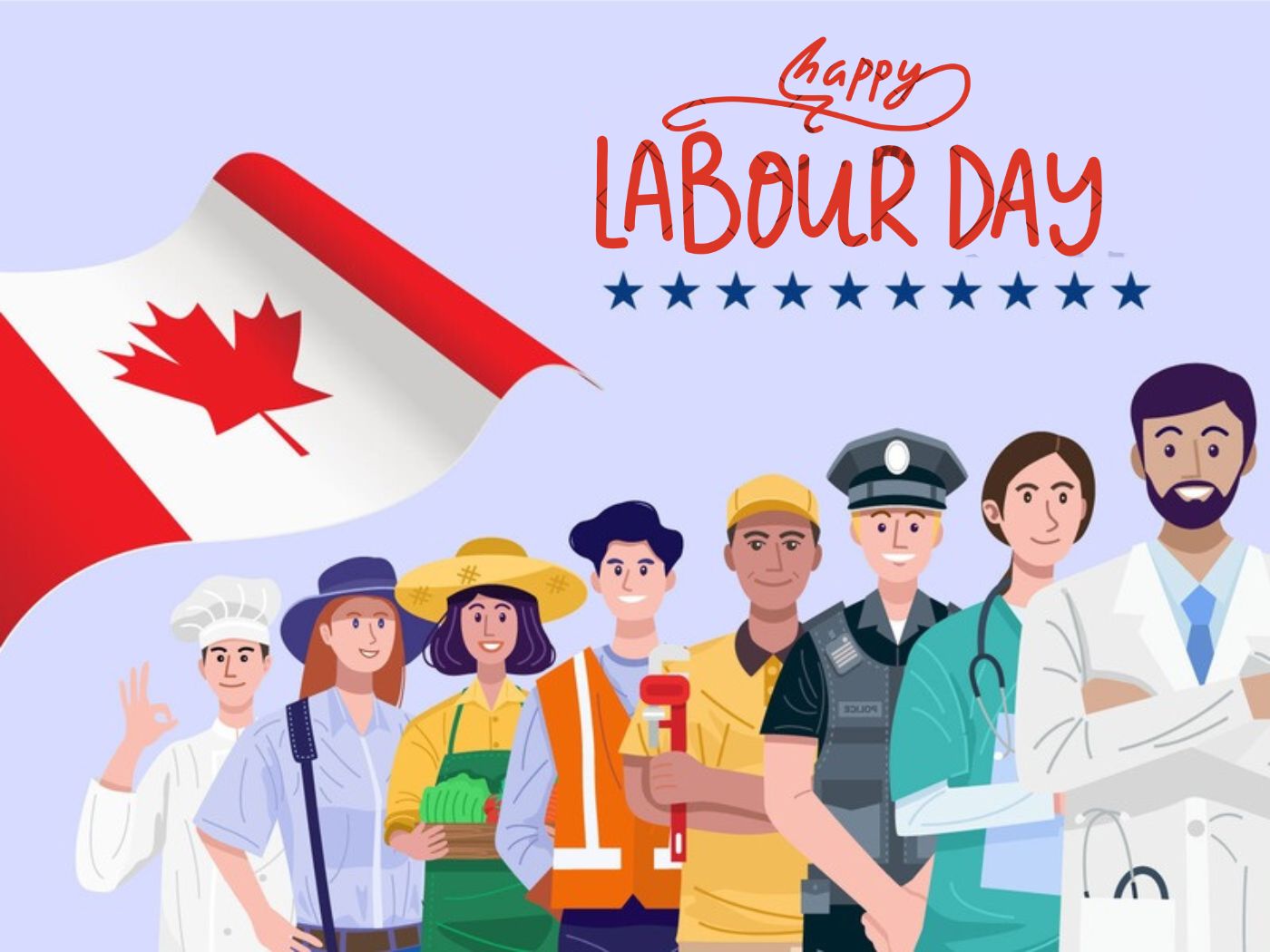
Other Celebrations
-
Apr 10 Thu
-
Apr 28 Mon
-
Apr 28 Mon
-
Sep 21 Sun
-
Sep 30 Tue
-
Apr 10 Fri

Labour Day 2025
Date: Monday, 07 September 2026
Date: Monday, 06 September 2027
Date: Monday, 04 September 2028



